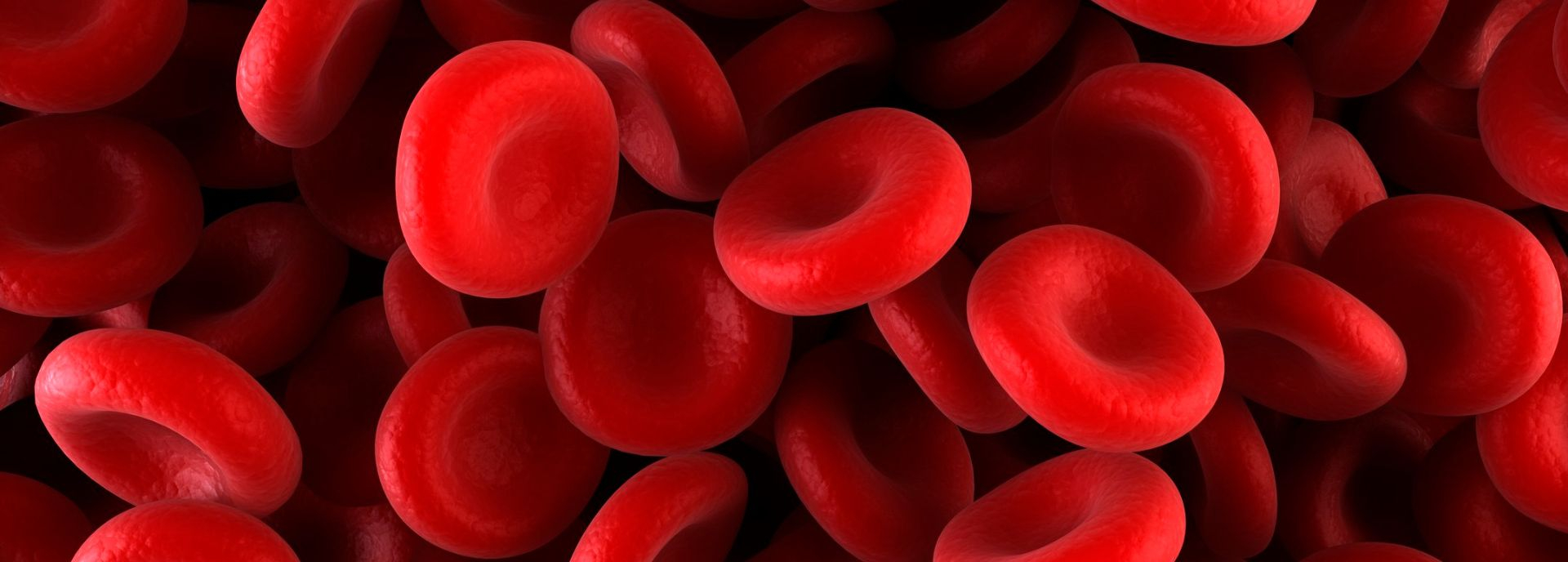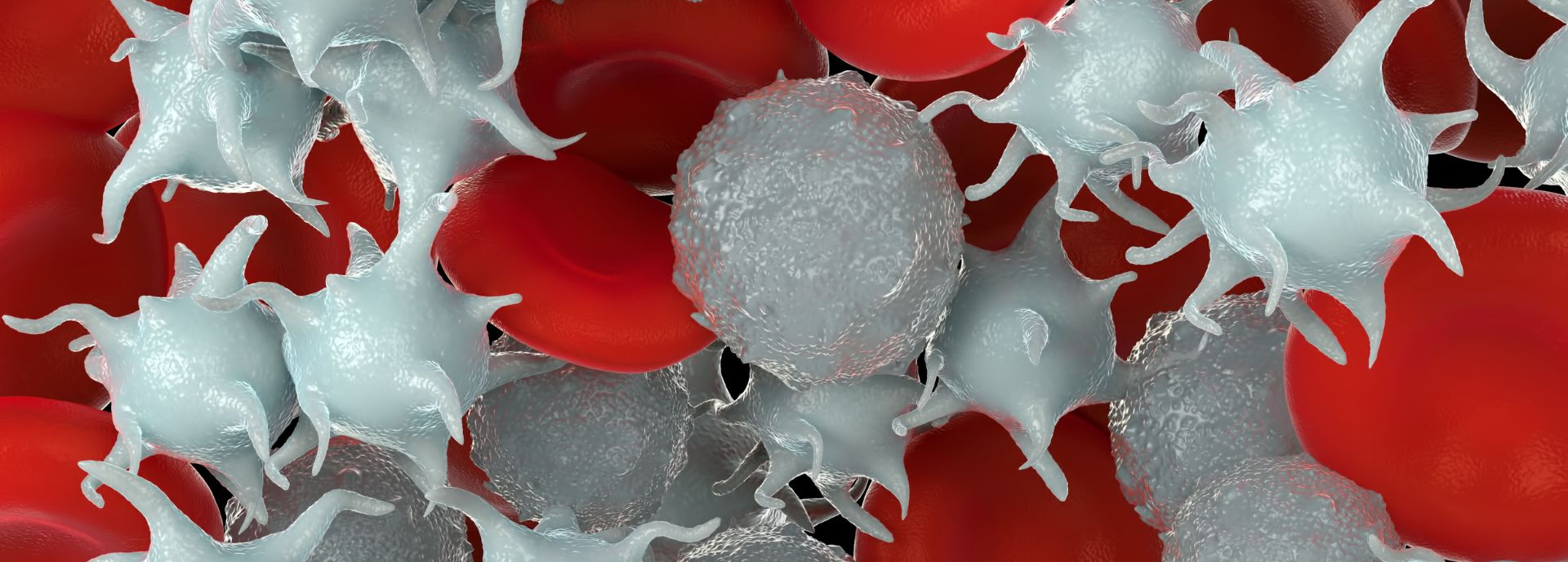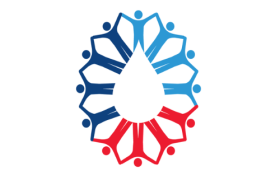Upcoming Events
19 - 20 Mar, 2026
HTRS Events | March 2026 ...
Unlock valuable insights for the H&T community at HTRS events this March 2026. Limited access for members. Join now! #HTRS @HTRStoday
Past Events
05 - 06 Dec, 2025
HTRS Events | December 2025 ...
Unlock valuable insights for the H&T community at HTRS events this December 2025. Limited access for members. Join now! #HTRS @HTRStoday
Latest News
Career Development
Nominate a Colleague to Serve as HTRS’ MASAC Representative.
02/25/2026
Research Awards
The National Bleeding Disorders Foundation (NBDF) is pleased to announce that its 2026 grant…
02/06/2026
Career Development
Each year, we build on what came before, and 2025 was no exception. We raised the bar,…
01/23/2026
Research Awards
ISTH provides multiple award and grant opportunities designed to support and advance research…
01/10/2026
Latest Jobs

| Milwaukee, WI
Versiti Blood Research Institutes seeks to grow our Transfusion Medicine, Vascular…

| Cleveland, OH
The Advanced Practice Provider (APP) will be an integral member of the…

| Rochester, MN
Mayo Clinic is seeking a board certified / board eligible pediatric hematologist to…
| Chicago, IL
The Division of Hematology/Oncology in the Department of Medicine at Northwestern…



















